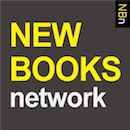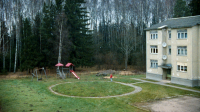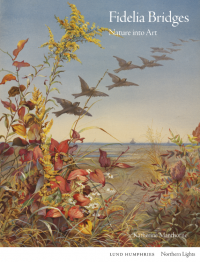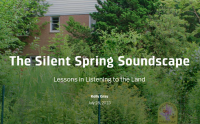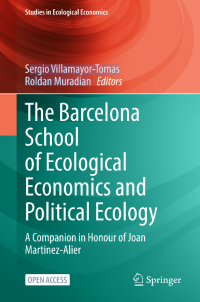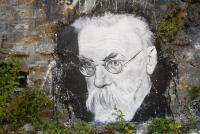“The Isthmus of Panama and the Knowledge Anthropocene”
In this Springs article, historian Paul S. Sutter considers the “Knowledge Anthropocene” as well as deep time in George Perkins Marsh’s understanding of the construction of Panama’s Darién canal.



